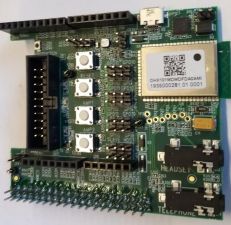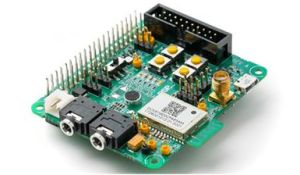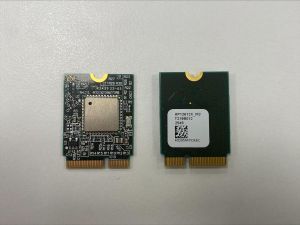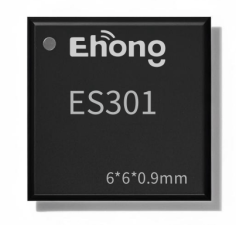Wireless Modules

For Wireless Data Transmission
The term wireless telecommunication is used to describe a radio technology for wireless data transmission in general. Because the requirements in the different market segments vary significantly, several other wireless technologies have established themselves next to Wi-Fi and Bluetooth. Even in large quantities, the use of wireless modules is profitable in comparison with a customer-specific design, and also ensures optimum RF performance and stability.
Especially in the case of mobile or globally distributed facilities, cellular standards like GSM/GPRS, UMTS and LTE are being increasingly used to cope with the growing demand for the networking of M2M (machine-to-machine) devices such as engines, vehicles or vending machines. In addition, satellite-based radio systems like GPS and GNSS are used for positioning and navigation.
Samples NewsThe Use of Modular Solutions Is Increasing
Due to the increased complexity of RF designs in recent years, especially for broadband applications and the parallel increase in development costs and risks, customers today more often use modular solutions. After all, it is not unusual for a module manufacturer to spend several years in close cooperation ;with IC manufacturers before a module becomes marketable. As a result, customers receive a solution that ist optimized in every respect, which is then adjusted to an ideal RF performance in a final calibration during production. In addition, most modules are pre-certified for several countries, allowing customers to save time and money during their final product certification. AS manufactures are able to produce these modules in ever larger series, customers benefit from declining prices, so that even with high volumes, the integration of a module has become economically more attractive than a customer-specific design.
CODICO's portfolio includes highly experienced and renowned module manufacturers for wireless technologies. Our cooperation with the wireless chip manufacturers enables us to offer support for modules that goes beyond the mere module specification.





